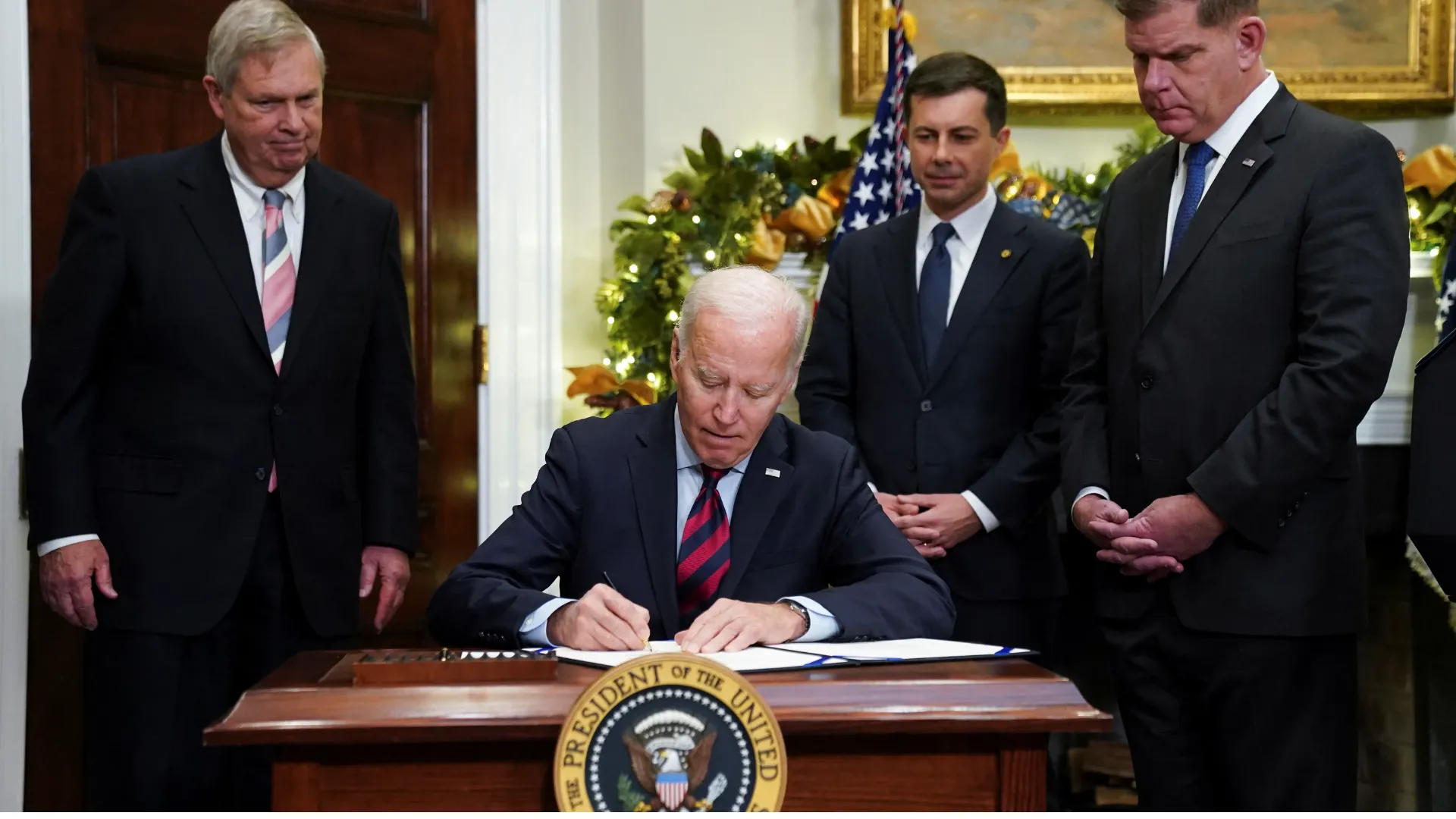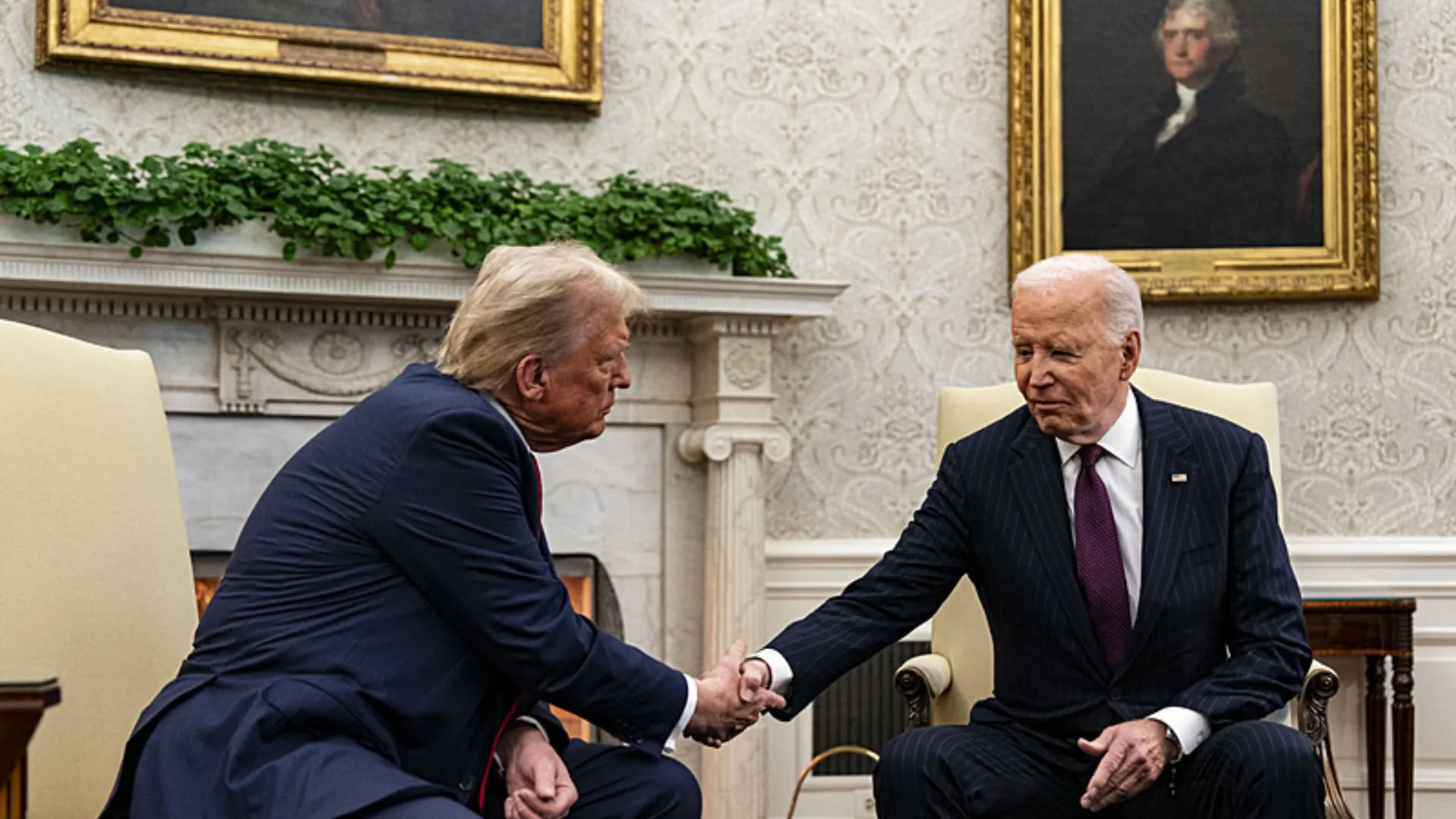
As President Donald Trump imposes sweeping new tariffs on foreign imports, California Governor Gavin Newsom is launching a bold challenge — one that aims to protect the Golden State’s economic interests by directly negotiating with global partners.
Newsom announced this week that he has directed his administration to pursue international trade relationships independently of Washington, in an attempt to soften the blow of Trump’s latest trade measures.
The move is an unusual but striking attempt by a U.S. state to protect its industries and workers from federal economic policy.
In a message posted on X, Newsom wrote, “California is here and ready to talk,” signaling to U.S. allies and trading partners that the world’s fifth-largest economy is open for business — even if Washington is closing its doors.
The statement comes as the White House announced a 10 percent baseline tariff on all imports, along with even higher rates targeting major trading partners like China, the European Union, Japan, South Korea, and Taiwan. The tariffs have triggered a wave of global retaliation, market instability, and warnings of a deepening trade war.
Trump’s decision to impose steep tariffs — including 34 percent on Chinese goods and over 20 percent on several major allies — is part of what he calls a “declaration of economic independence.” In remarks made Thursday, the former president said, “The markets are going to boom… it’s our turn to prosper.”
But on the ground in California, the picture looks very different. The state’s economy is deeply integrated with global trade networks. With over $675 billion in two-way trade and nearly $160 billion in exports in 2023, California is the second-largest exporter among U.S. states and the largest importer.
Its economy depends heavily on both imports of raw materials and exports of high-value goods, especially in agriculture, tech, and manufacturing.

Now, state officials say Trump’s tariffs are threatening to unravel those economic ties — and with them, thousands of jobs.
Newsom’s administration is particularly worried about retaliatory tariffs from key global markets, such as China, the EU, and India. California-grown almonds, for instance, are likely to be targeted.
The almond industry generated $4.7 billion in exports in 2022 and supports over 100,000 jobs. A study from UC Davis suggests that retaliatory measures could cost the industry nearly $900 million.
The state is also facing possible disruptions in its supply of construction materials needed to rebuild after wildfires. Canadian lumber, which the U.S. already taxes at 14 percent, may face tariffs rising to nearly 27 percent.
That could delay rebuilding efforts and increase housing costs in a state already grappling with affordability issues.
Newsom isn’t only concerned about almonds and lumber. California’s powerful wine industry may soon face cost hikes as European wine becomes less available and imports of essential packaging materials like corks and glass become more expensive.
Similarly, dairy farmers may see feed prices increase if canola imports from Canada are taxed further.
Beyond agriculture, the ripple effects are threatening California’s manufacturing hub — particularly in Los Angeles and the Inland Empire, where over 300,000 workers are employed in the manufacturing sector.
With global supply chains strained, economists warn of slowdowns at major ports and job losses throughout the distribution network.
Jock O’Connell, a California trade analyst, said, “Tariffs on this scale ripple through every layer of the economy. If parts don’t arrive, if goods are stuck in customs, the whole system slows down. And California, being a gateway state, feels it first.”

The numbers are daunting. California’s 2023 exports included $47.9 billion in computer and electronic products, $18.4 billion in machinery, and $16.2 billion in chemicals. All of these sectors rely on complex, global supply chains — and all could be disrupted by retaliation.
According to the Yale Budget Lab, the new tariffs are projected to increase inflation by 2.3 percent nationwide this year, with food prices up by 2.8 percent and vehicle prices jumping more than 8 percent. For the average U.S. household, that could mean an extra $3,800 in living costs.
Despite this, the White House remains firm. “This is about rebalancing decades of unfair trade,” Trump said. “For too long, America was getting ripped off.”
But critics argue that the strategy is both politically driven and economically reckless. The White House’s exemption of Mexico and Canada from the new tariffs raised eyebrows, especially since both countries are still subject to the 25 percent tariffs imposed last month.
The administration has not explained the criteria for exemptions, leaving states like California — with unique trade relationships — in the crosshairs.
In response to Newsom’s announcement, White House spokesperson Kush Desai dismissed the move, saying, “Gavin Newsom should focus on out-of-control homelessness, crime, regulations, and unaffordability in California instead of trying his hand at international dealmaking.”
Still, Newsom remains defiant. In a press release, he said, “California leads the nation as the number one state for agriculture and manufacturing — and it’s our workers, families, and farmers who stand to lose the most from this Trump tax hike and trade war.”
He added, “To our international partners: As the fifth largest economy in the world, the Golden State will remain a steady, reliable partner for generations to come, no matter the turbulence coming out of Washington. California is not Washington, D.C.”
The bold tone may seem unusual, but analysts note that California has long charted its own path. It has historically passed its own environmental laws, challenged federal immigration policies, and maintained independent relationships with foreign governments through trade missions and climate agreements.
Still, trade is federally regulated, meaning that California cannot sign formal trade agreements. However, it can build strategic partnerships, organize trade delegations, and promote bilateral cooperation — moves that could influence foreign governments’ decisions on tariffs.

What’s clear is that California is not waiting for federal approval. As global trade tensions escalate, Newsom’s administration is already reaching out to countries imposing retaliatory tariffs, asking them to spare California-made goods. Behind closed doors, state officials are said to be holding early talks with trade offices from Japan, the EU, and India.
With the tariffs scheduled to take effect between April 5 and April 9, the window for negotiation is short. The Trump administration has stated that the new rates will remain until the U.S. reduces its $1.2 trillion trade imbalance, suggesting this could be a prolonged economic standoff.
For now, California is playing a careful but bold game — defending its industries, its workers, and its values in a time of economic uncertainty. Whether Newsom’s strategy can shield the state from the fallout of a global trade war remains to be seen, but one thing is clear: the Golden State is not going quietly.



